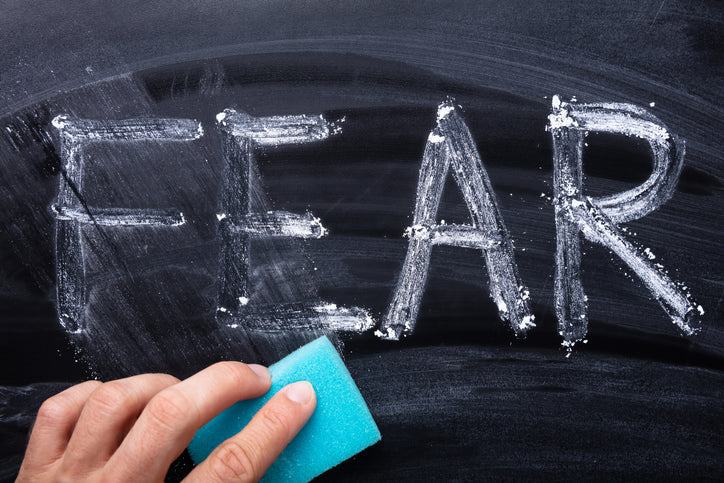
Fear Is a Result of Unpreparedness
Share
We fear what we don't understand and what we're unprepared for. When we're prepared, part of which means understanding what we're facing, we're no longer afraid of it. We may respect it, and have a healthy concern regarding it, but we're not afraid of it.
Preparedness is nothing more than being able to adapt to a rapid change in your circumstances. You are already a survivor. You have survived years of life on planet earth and that takes excellent survival skills. It’s just a question of the circumstances in which you apply those skills and can you rapidly adapt to a new set of circumstances brought on my a violent attacker, natural disaster, terrorism, political upheaval or anything else that alters your living conditions and threatens your survival.
You are your greatest asset, or liability, in an emergency situation. John Steinbeck wrote, “This is the law. The purpose of fighting is to win. There is no possible victory in defense. The sword is more important than the shield, and skill is more important than either. The final weapon is the brain, all else is supplemental.” Your goal isn't to accumulate guns and gear. Your goal isn’t to be prepared. Your goal is to be free. Your goal is to live in peace. Freedom and peace is not knowing what’s coming but knowing you can handle whatever comes. Freedom and peace mean living in a way where you have nothing to hide, nothing to prove, and nothing to fear.
So how do you actually do that? We dismantle our fears by understanding the thing that scares us. Study and learn the facts about it. What is real and what is hearsay, rumors, conjecture, social media hype or simply irrational? Mark Twain wrote, “I've had a lot of worries in my life, most of which never happened.” Many of the things we fear are simply untrue, in-accurate or irrational. When looking at what frightens us, it's good to consider "just the facts".
Once we understand it, we prepare for it by solving the problems before they occur. In law enforcement we have a saying, "If it's predictable, then it's preventable." If we understand a situation well enough to predict it could happen, then we can take steps to prevent if from becoming a reality. If we can't completely stop it from happening, we can prepare multiple plans and contingencies for dealing with it once it does happen.
Define your fear. What specifically are you afraid of? Name it. Describe it. Learn as much as you can about it. Study it. Find its strengths and weaknesses. What are the facts of it? Not the irrational fantasies most people entertain regarding it, but the real facts of it. What problems does it create? List and define the problems and then begin solving those problems. Some of those solutions probably require additional knowledge and skill on your part. You'll need to learn new things and expand who you are.
The more of those problems you solve ahead of time, the more prepared you are. The more prepared you become, the less you fear it. This is the process for dismantling your fears. This is the beginning of living in a way where you have nothing to fear.
